Respectful Representation of Diversity in Media
The Dos and Don'ts of Representing Communities Different From Your Own
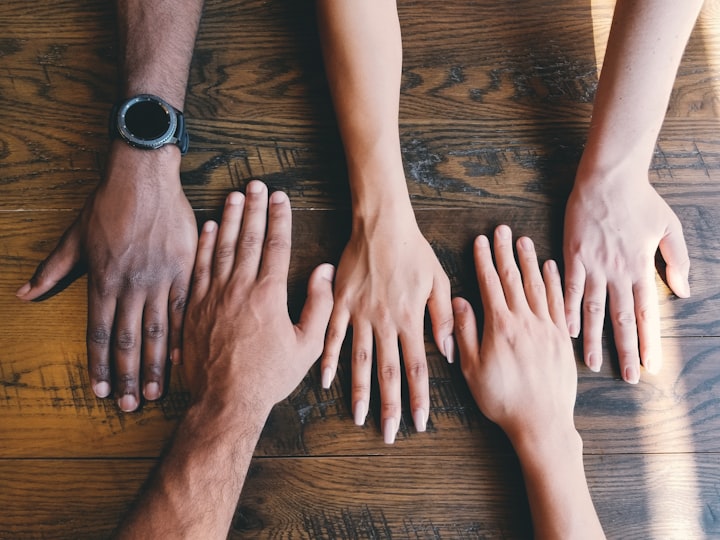
The Hate U Give, by Angie Thomas, is a hard-hitting representation of what inner-city life is like for Black people in America. The main character’s childhood friend is murdered by police, who allegedly thought his hairbrush was a gun, and the main character spends the remainder of the story calling for justice, and dealing with the fallout.
This excellent book was written, as it should have been, by a Black person. If a white author had written this intimate look at Black culture, experiences, and fears, it would have been wholly inappropriate; it would have taken the voice from the group who actually live these lives, who share this culture. Even if it were written just as well by a white person, it would have been cultural appropriation. Intentionally or not, it would have been a way to focus the attention on the talented white author who wrote this excellent book, instead of the community it represents. Perhaps it would have drummed up as much awareness, but it wouldn’t have been right, because they would be putting their own voice out into the world rather than elevating Black voices.

Similarly, Becky Albertalli, author of Simon Vs. The Homo Sapiens Agenda and other excellent queer fiction, is bisexual. If she had been a straight, cisgender woman, she would not have a place writing about the intimate experiences of being a young, queer person. Yes, she does it very well, but that doesn’t change the fact that, if she had written these queer stories and risen to fame as a straight person, she would have been speaking for a community she had no part in.
Bullying is wrong, but Becky Albertalli received so much hate and pressure that she felt forced to come out as bisexual. The behavior that caused her to feel this way and carry this trauma was, of course, wrong, and I’m not excusing the people who did it. There’s a lot more nuance here than there is in the above example—for instance, someone might not feel safe to come out, but still they may long to represent their community through their craft. But the principle is the same: a queer person is the only one who should be writing about the specific experiences of being queer—finding oneself, coming out, rejection, et cetera. Personally, I never engaged in or condoned any of the bullying or pressure, but before she came out, I’ll admit I did think less of Becky for seemingly taking voices away from the many genuinely queer writers trying to tell our own stories about our own community.
But why don’t we view all stories that represent marginalized people this way?

Take books about disabled characters, for example. No one can know the very specific and intimate experience of a disabled person unless they’re disabled. So a non-disabled person writing about the experience of growing up as a full-time wheelchair user, for example, and their thoughts, feelings, struggles, fears, body image, et cetera, would be inappropriate. I can guarantee there are authors who are full-time wheelchair users trying to tell their own stories, whose voices are not being heard due to non-disabled people trying to tell those stories for them, taking the attention away and focusing it on themselves, and very likely misrepresenting the wheelchair user and committing microaggressions against the disabled community.
This is especially prevalent, I feel, when it comes to the autistic community. Maybe it’s just more noticeable to me because I’m in that community, but there are countless stories about autistics by (as far as we know) neurotypical creators (Atypical, Young Sheldon, and What’s Eating Gilbert Grape, for example). And no matter how well-researched, these creators, as neurotypicals, have no business representing the lived experiences of autistic people. There are authors like me, trying to get our own stories out into the world, who are being overshadowed by these neurotypical creators appropriating our stories and being put in the spotlight—and these stories, with their microaggressions and misrepresentation, shape people’s view of autistic individuals, usually in harmful ways.
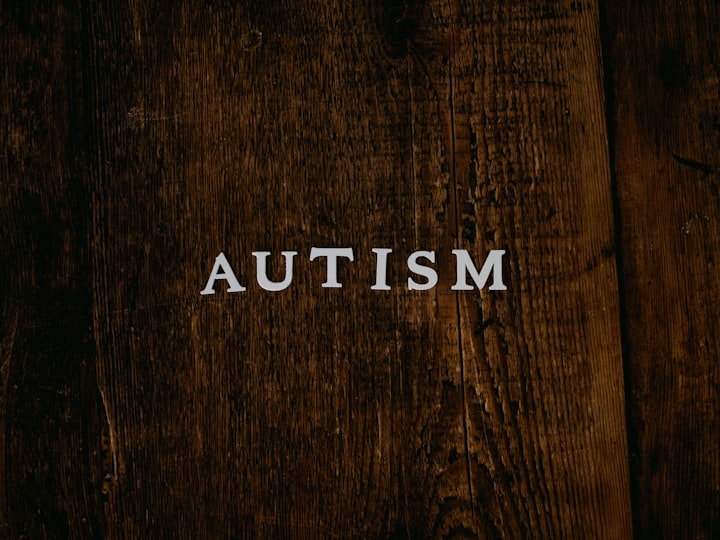
Let me explain this concept a bit more. No two autistic people are alike, but we are still the best people to represent our lived experience, the unique way our brains work, our feelings, thought processes, trauma, et cetera. You might read about how autistic people act, or you might even dive deep into the #actuallyautistic tag on the Internet and learn from actual autistics (which is a great practice, whether or not you’re writing an autistic character), but you’ll never represent us as well as we can represent ourselves, given the opportunity.
Not to mention practically all of the explicitly autistic representation in media, if it doesn’t star a cisgender white male, is, well, Sia’s god-awful movie Music, which is a whole other can of worms that I won’t get into right now.
Which brings me to another point: There are many talented autistic actors trying to make a name for themselves, trying to get jobs, who are turned down in favor of neurotypicals. Those in charge of these productions claim it’s because they don’t think an autistic could “handle” the work, despite evidence to the contrary (Josh Thomas’s Everything’s Gonna Be Okay, for example, in which every autistic character is played by an autistic actor, and Josh Thomas himself realized through creating the show that he is also autistic). There are actors with long careers in the industry who were diagnosed with autism later in life, such as Anthony Hopkins and Daryl Hannah. This mindset of thinking we’re all the same, we all have the same needs and difficulties, and therefore none of us could handle the pressure of acting, is ableist and infantilizing. Certainly there are autistics who couldn’t, just like there are non-disabled people who couldn’t. But there are many who could, who get overlooked and shot down because of the rampant ableism and appropriation in the industry.
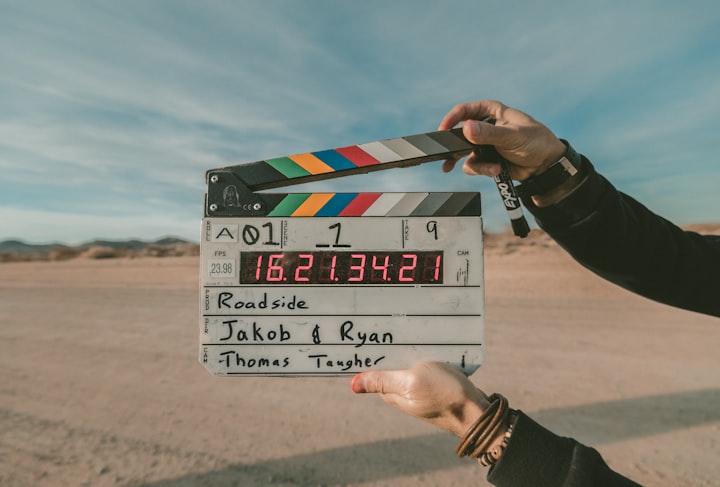
None of what I’ve said is to be taken as admonishment against someone writing characters from a culture or group they’re not part of into their stories. In fact, I and many others highly encourage it! There’s a difference between writing good representation and appropriating other cultures or experiences, though (and there is room for nuance). For instance, as I said above, a non-Black person should not write books like The Hate U Give. A straight, cisgender person should not write books focused on growing up queer and the experience of coming out. A non-disabled person should not write a book about the experience of being or becoming disabled and the thought processes and emotional experiences around that. But does that mean all your characters have to be clones of you? Absolutely not! Write diversity into your stories. It just needs to be well-researched (make sure you get your information from actual members of that community), respectfully represented (avoiding microaggressions or harmful stereotypes), and the story shouldn’t be based on the experience of being (insert race /queer identity/disability here).
If you’re neurotypical, please put autistic characters in your books, but don’t write from their point of view—no matter how much research you do, even if you get everything right, it’d still be putting your voice above voices of actual autistics. I’d prefer not to see any neurotypicals writing books about autistic people, unless they’re tastefully represented side characters and the story has nothing to do with their autism.
If you’re straight and cisgender, please put LGBTQIA+ characters in your books, but don’t write from their point of view on uniquely queer experiences.
If you’re white, please put people of color in your books, but don’t write stories centered around experiences that are unique or specific to a person of that ethnicity.
Let the voices of marginalized people be heard. Lift them up. Don’t speak over them. There are infinite possibilities you could write about that don’t involve appropriating their cultures, struggles, and experiences for attention or monetary gain.
Disclaimer: This is my personal opinion that I wish more people shared. I don't claim to speak for the entirety of the communities that I represent, or for the ones I am not part of.
About the Creator
Em Lee Koe
Pronouns: they/them
I'm a queer, autistic person with a lifelong passion for writing.
I've had a lot of experiences in my life; some people need to know they're not alone in those experiences, and others need to know they really happen.

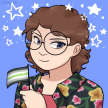
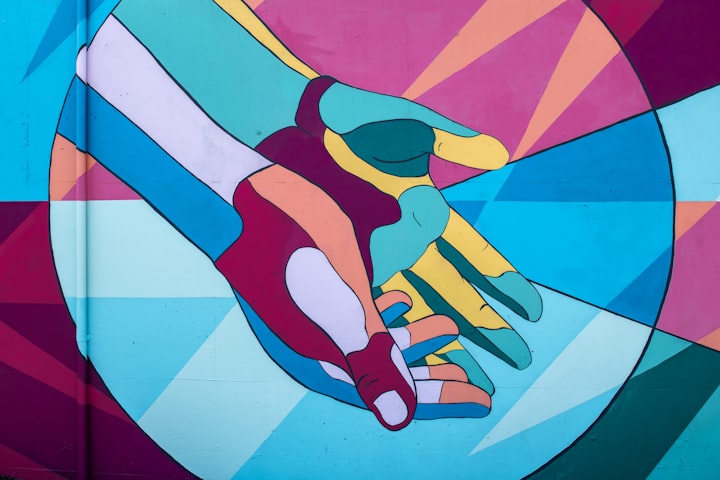



Comments
There are no comments for this story
Be the first to respond and start the conversation.